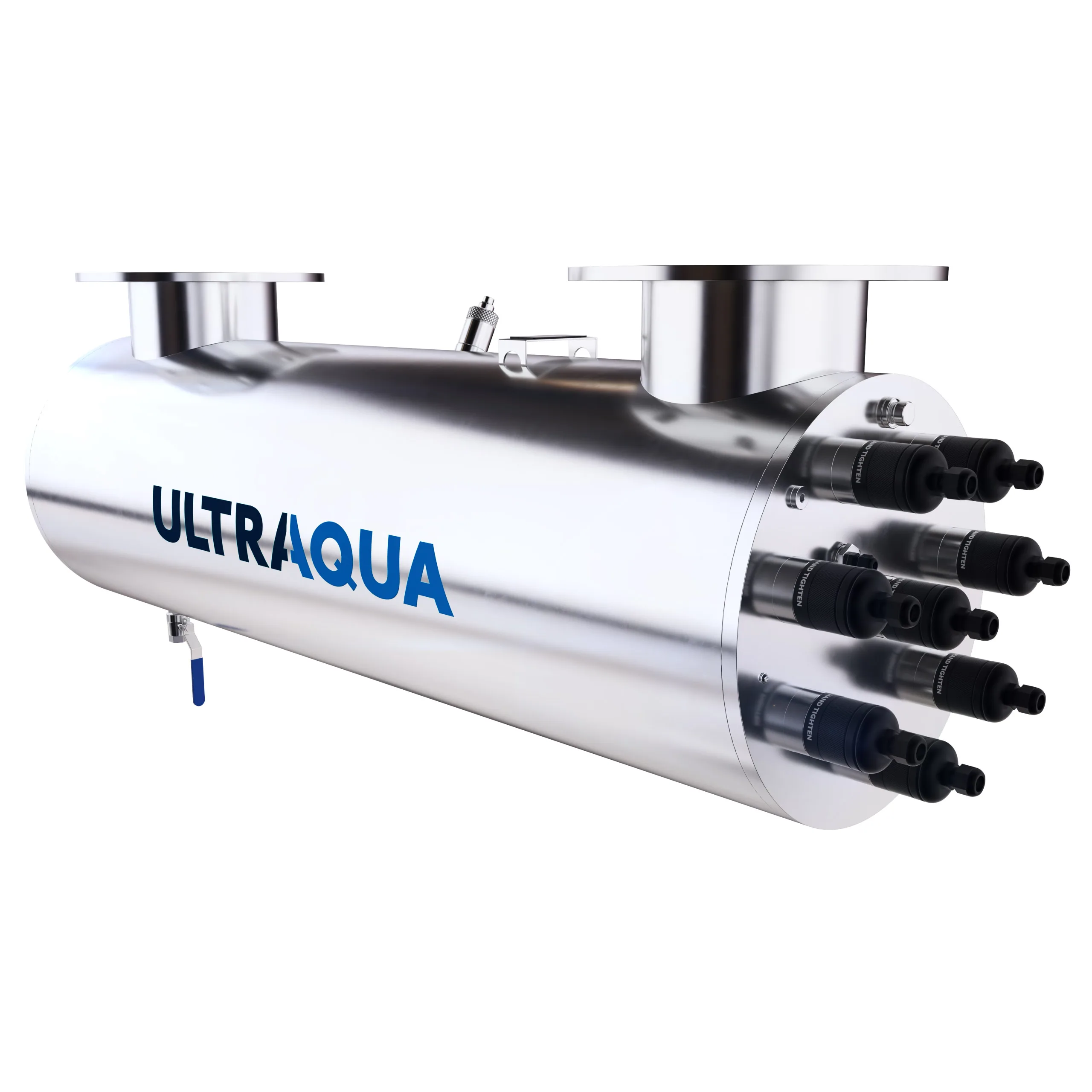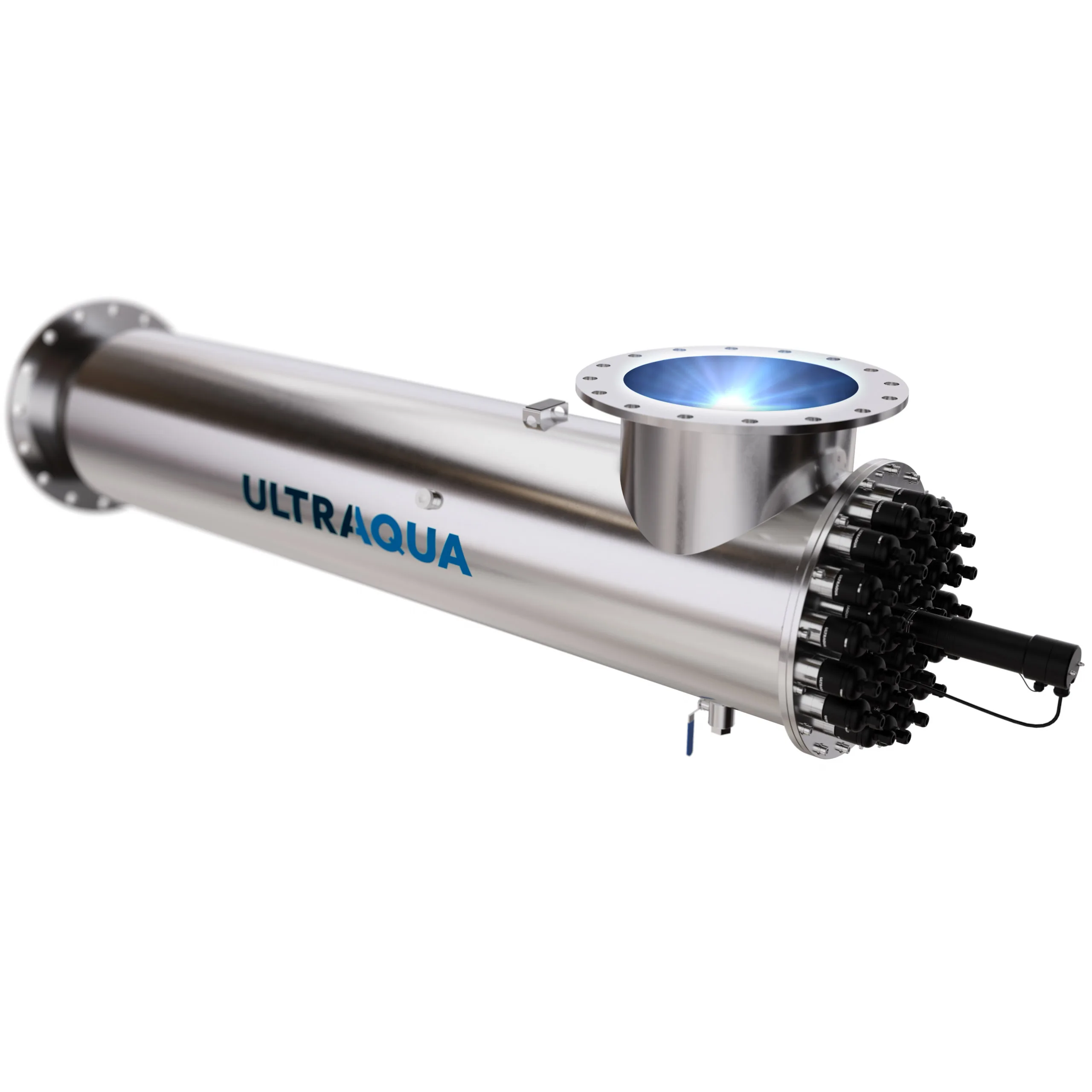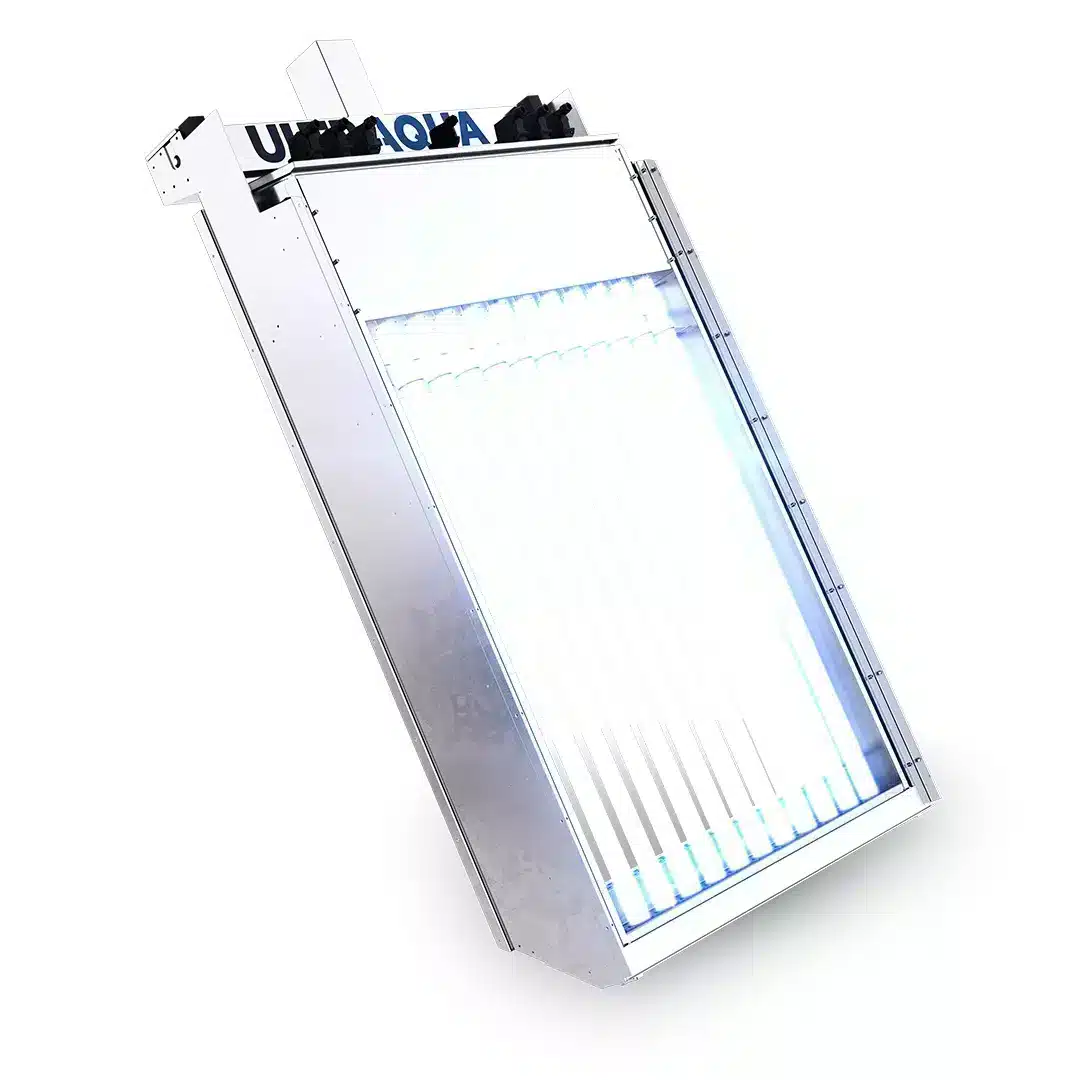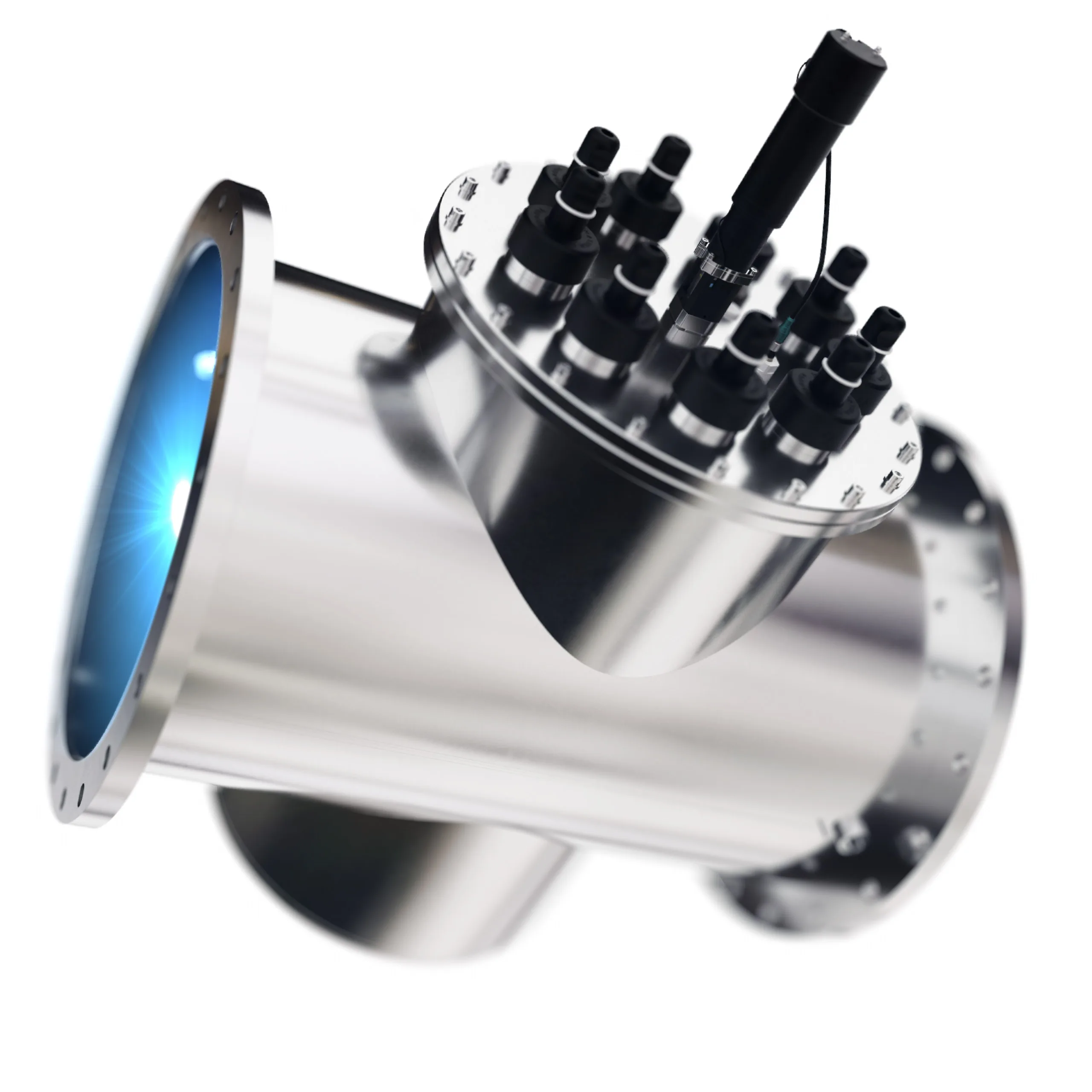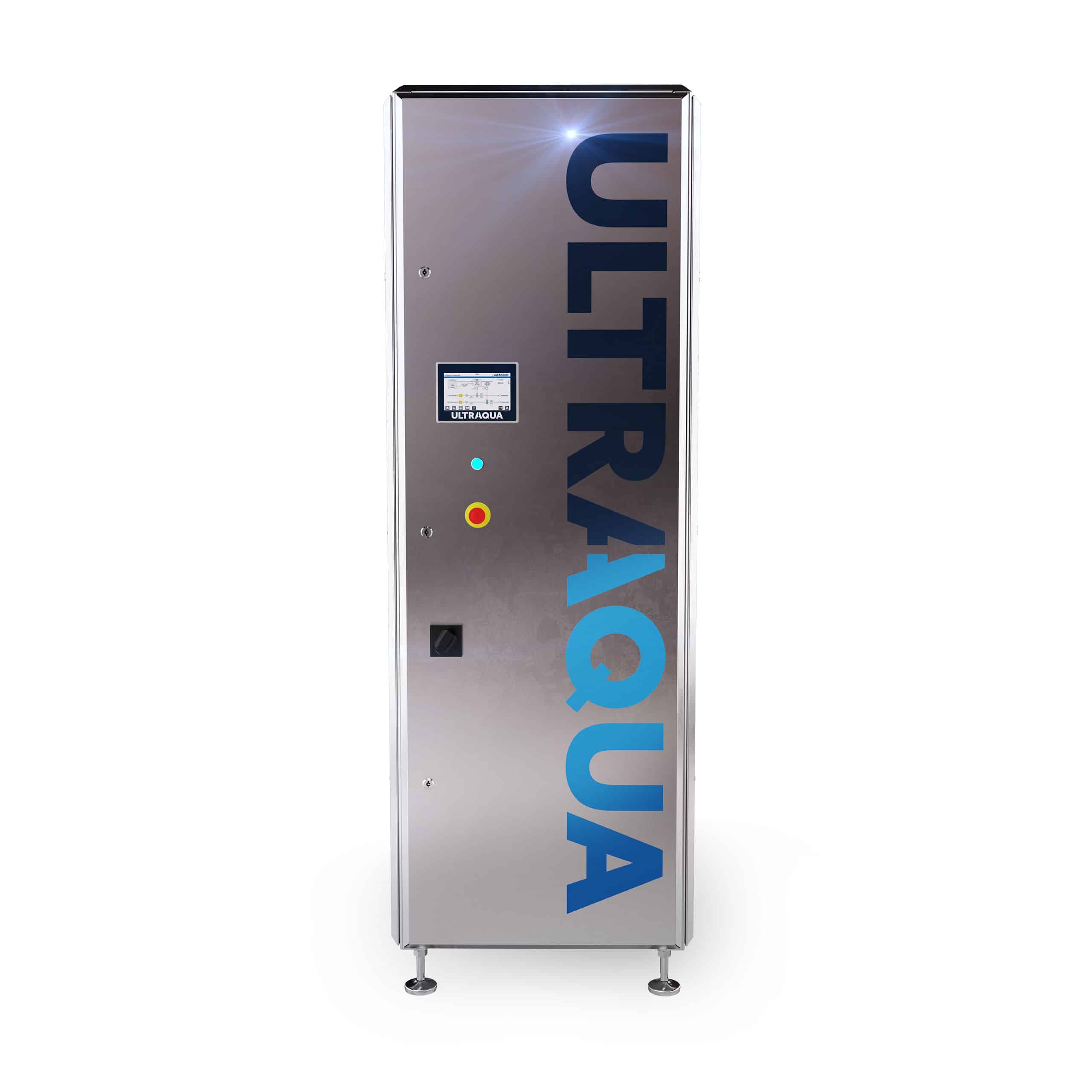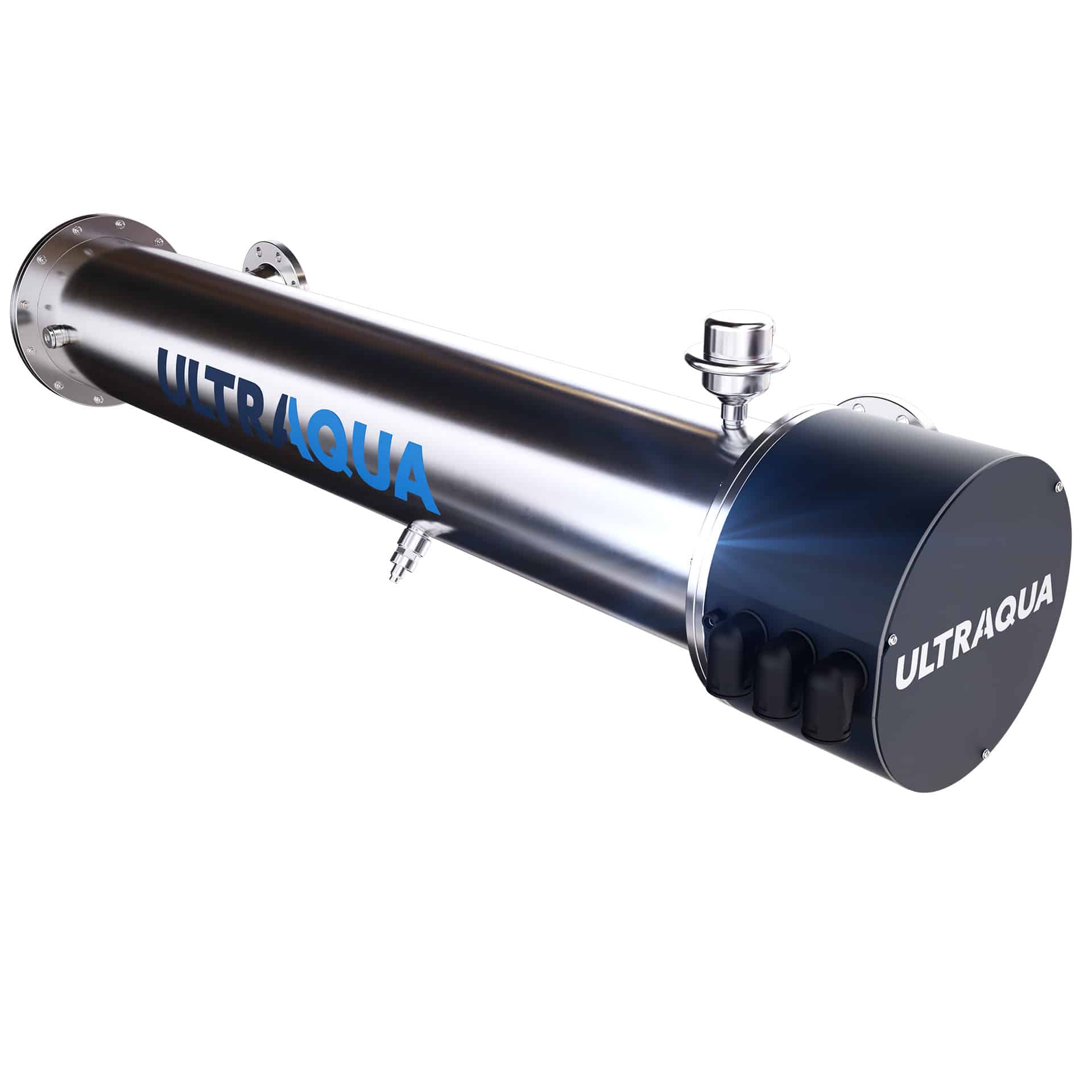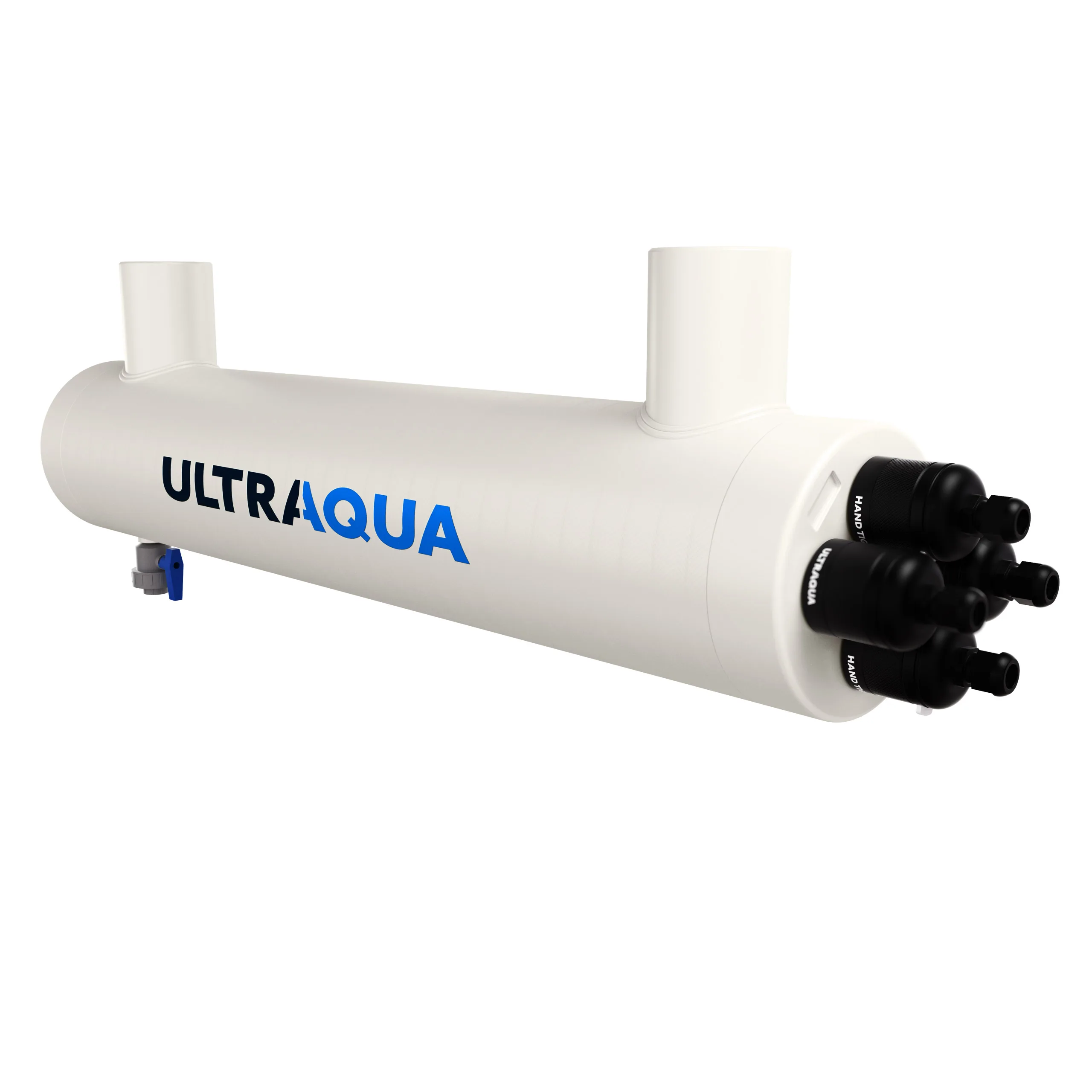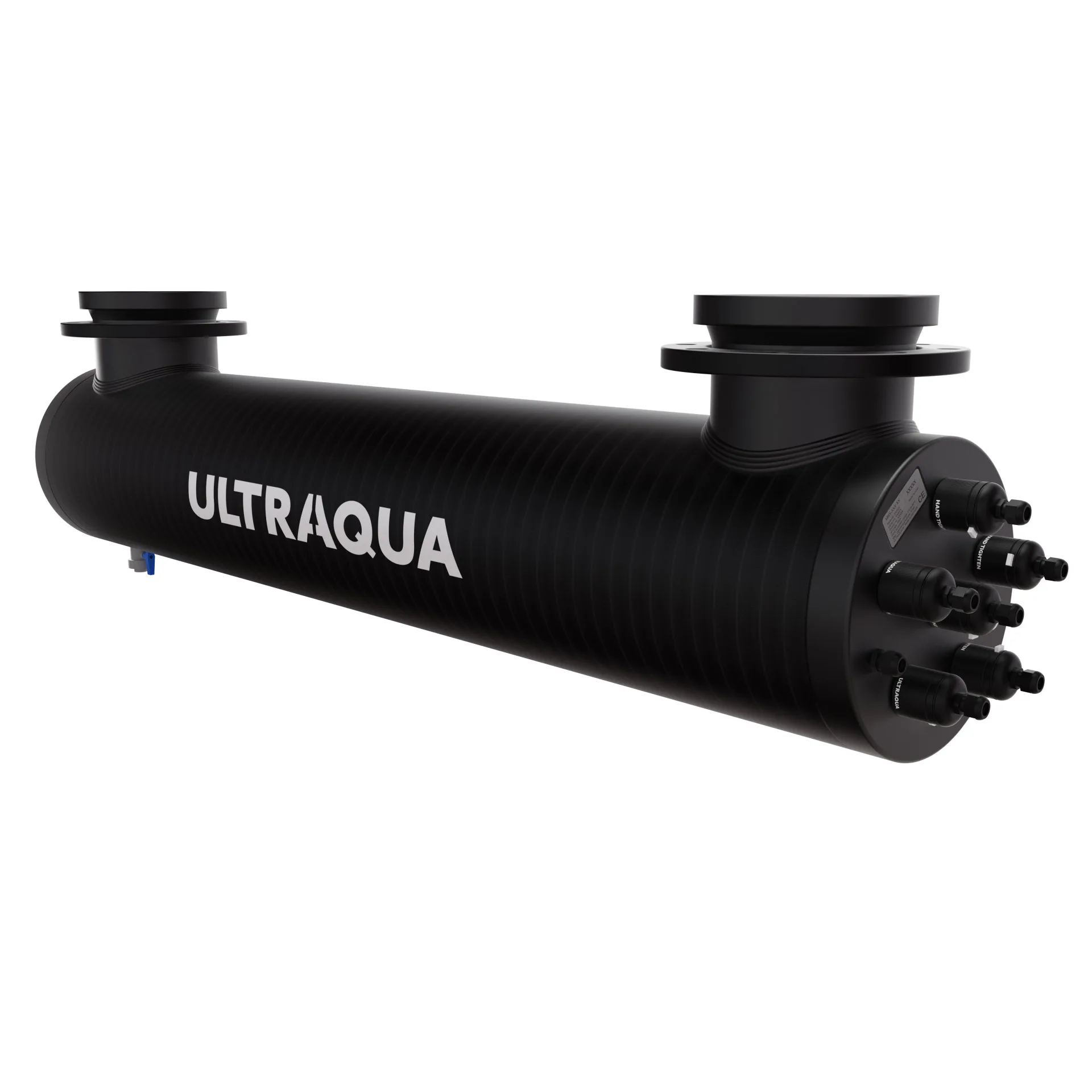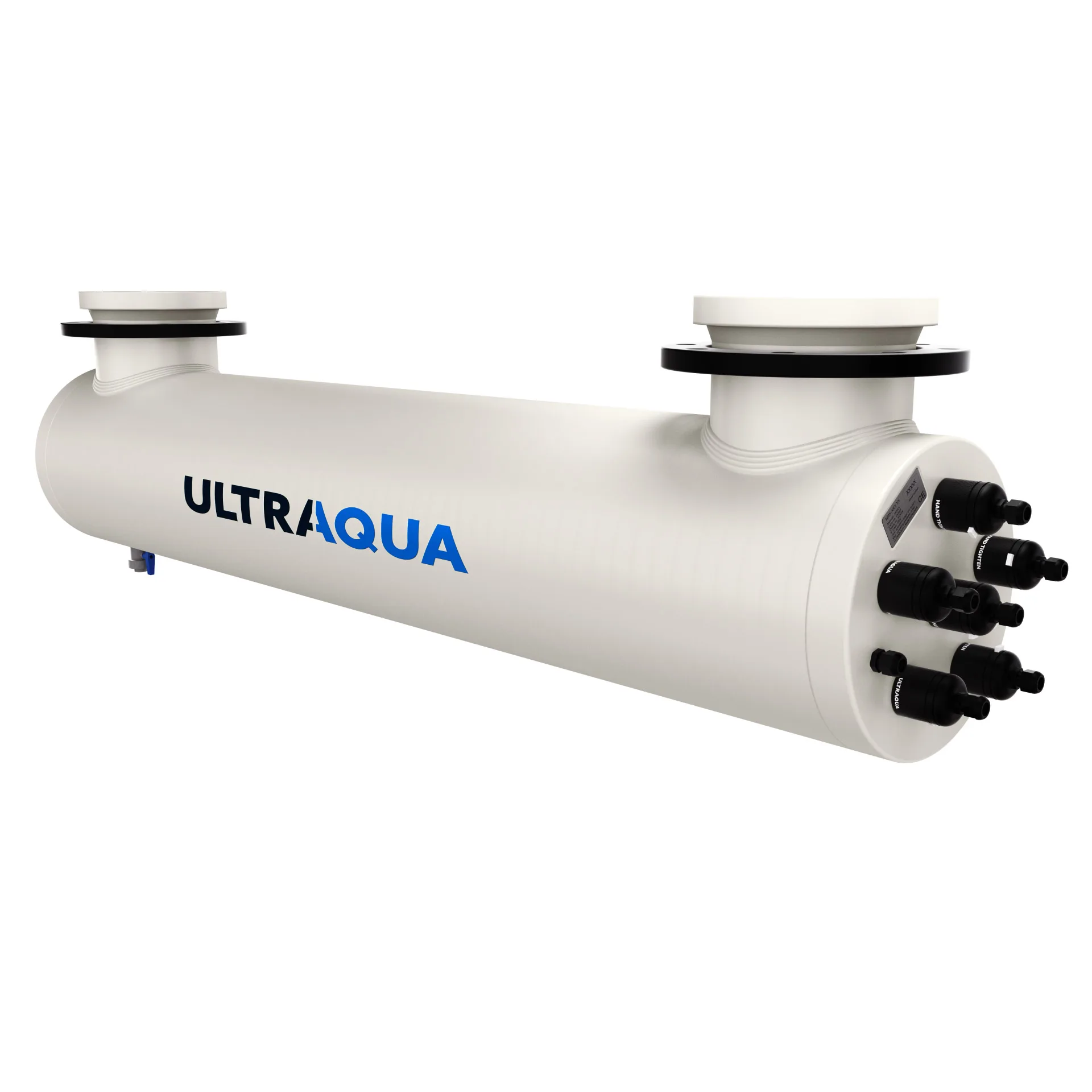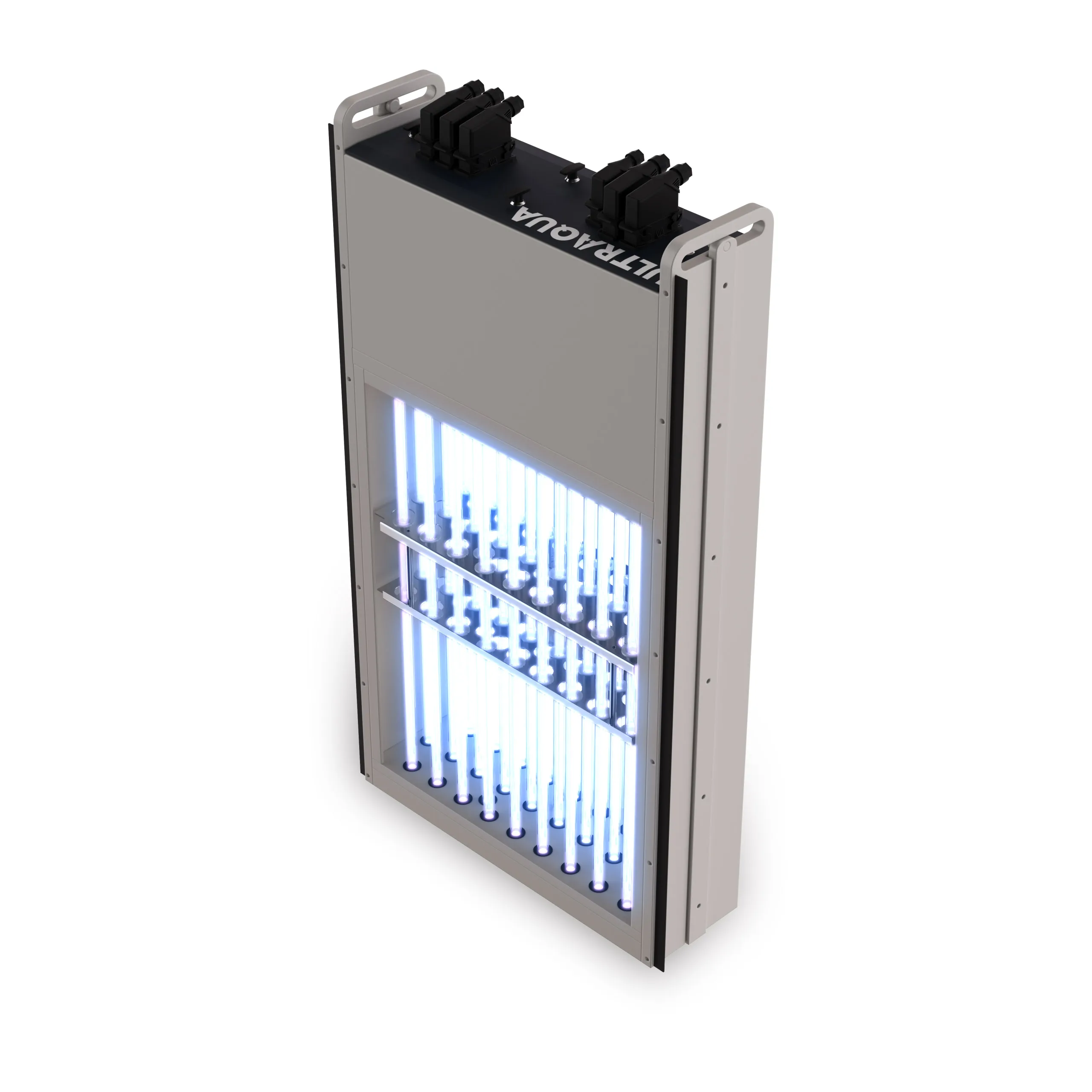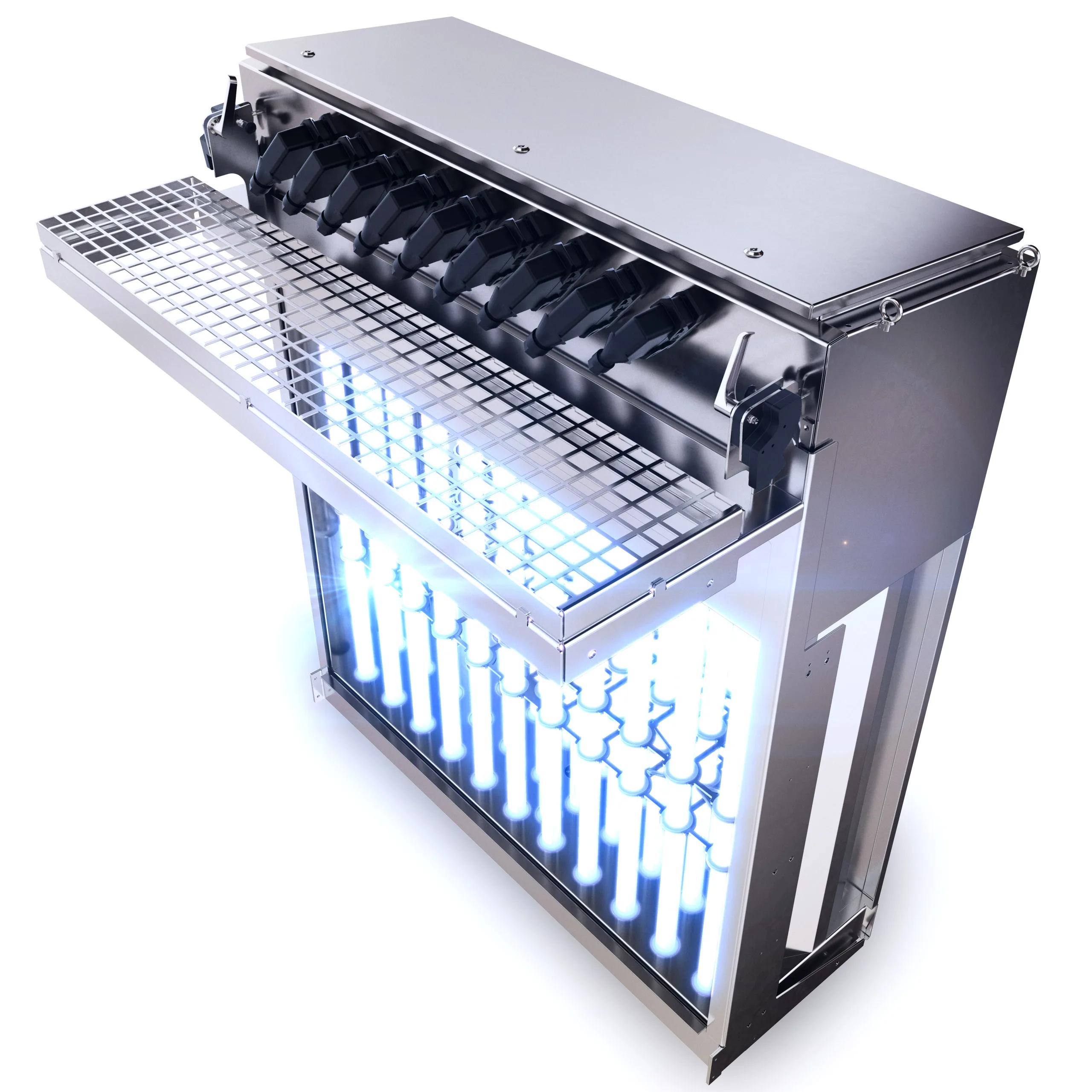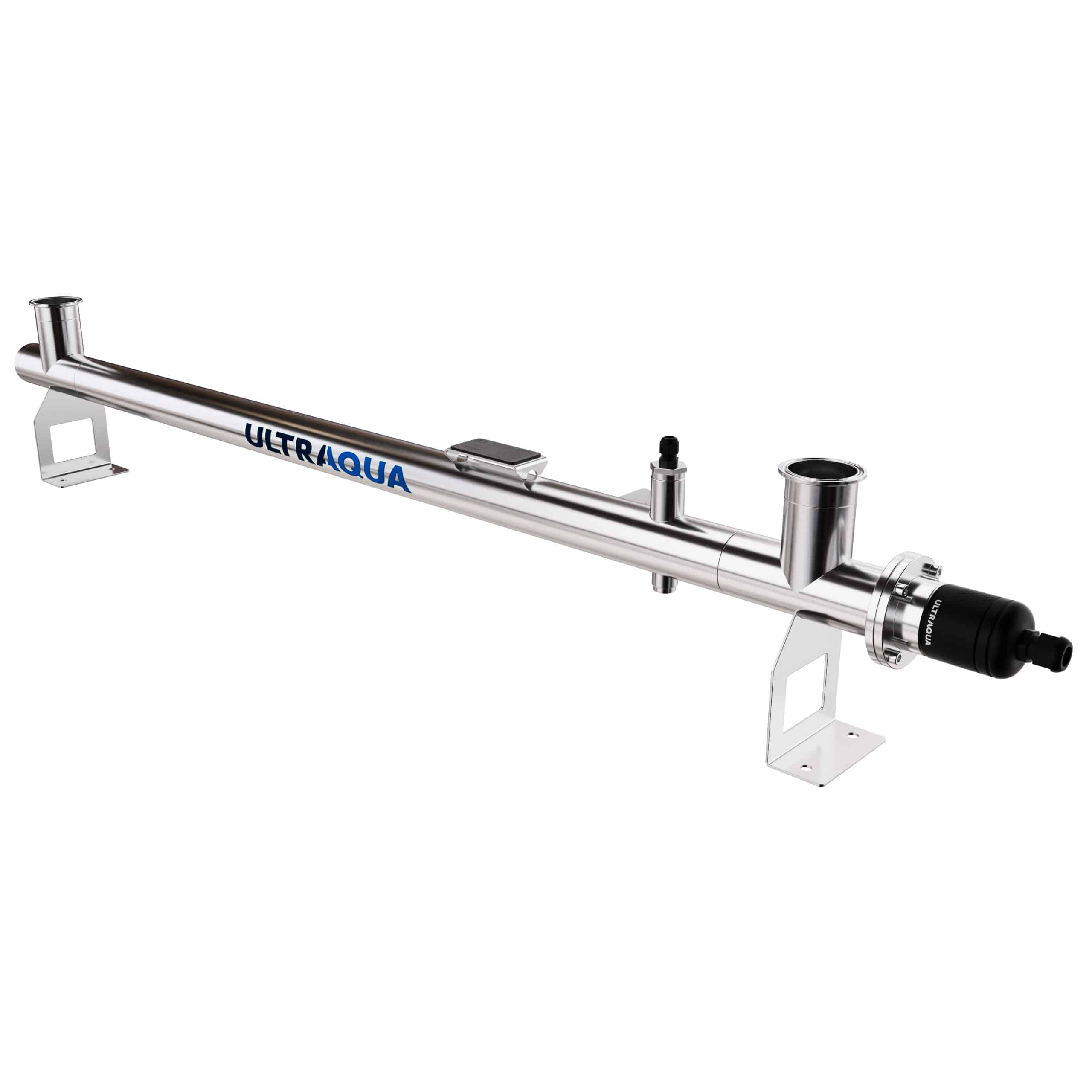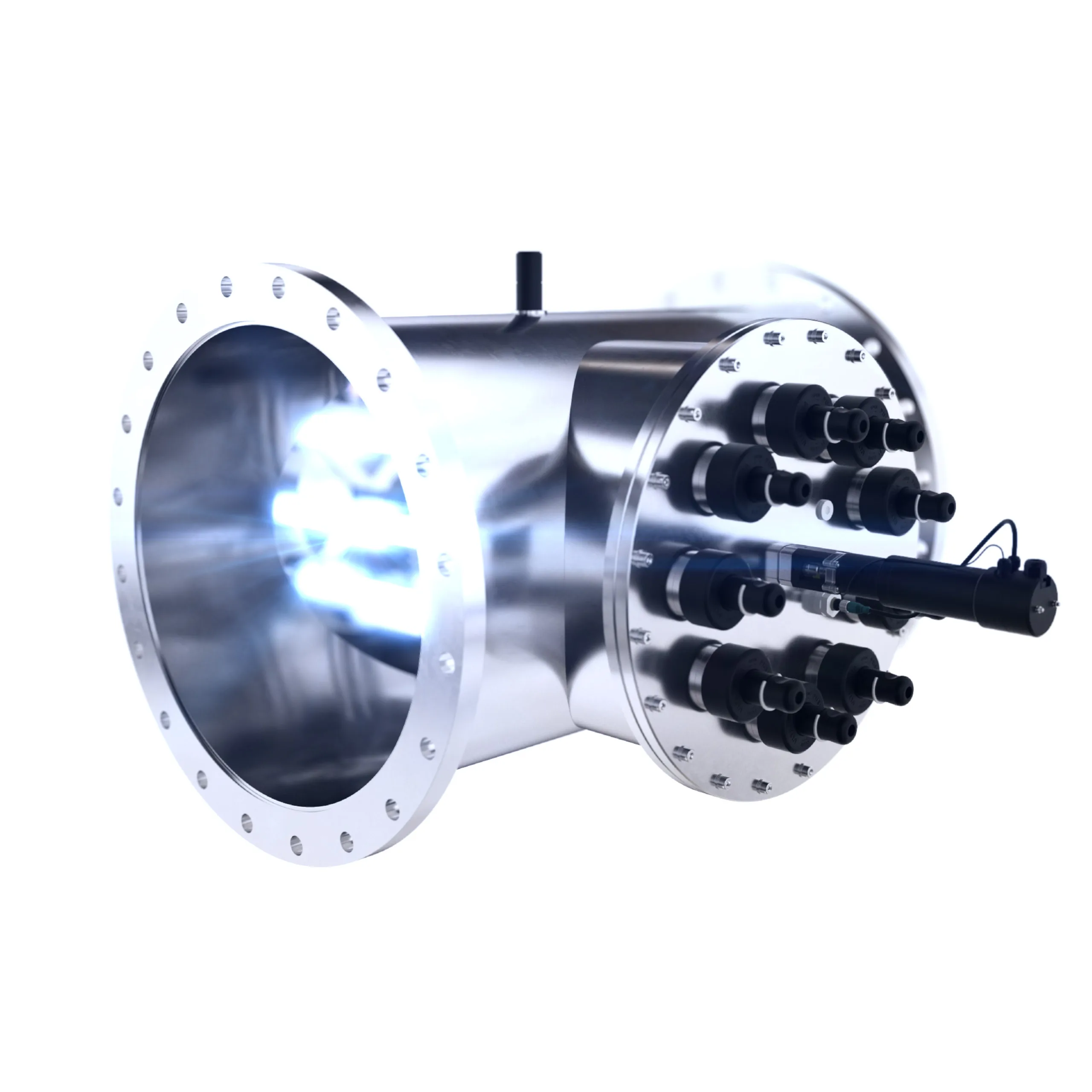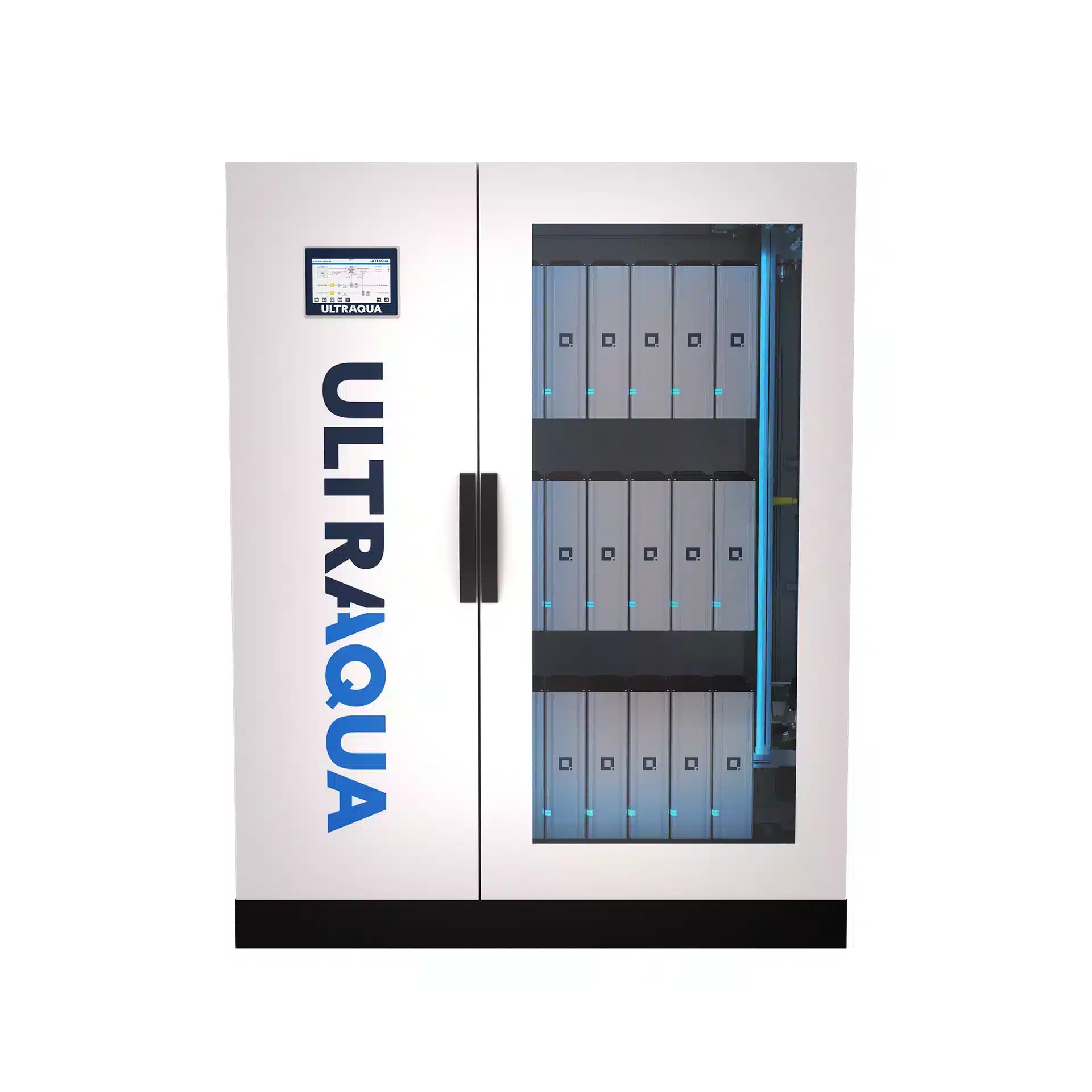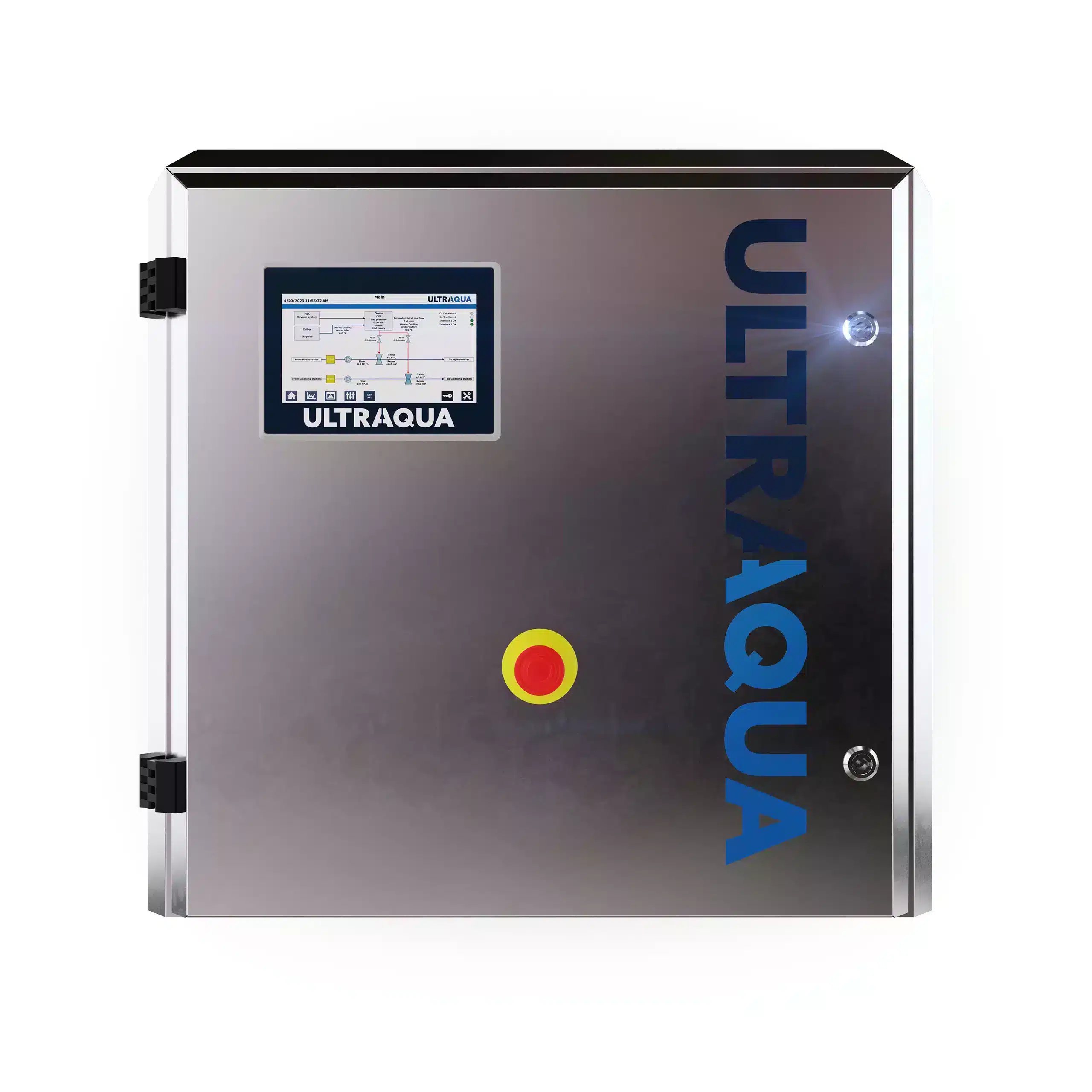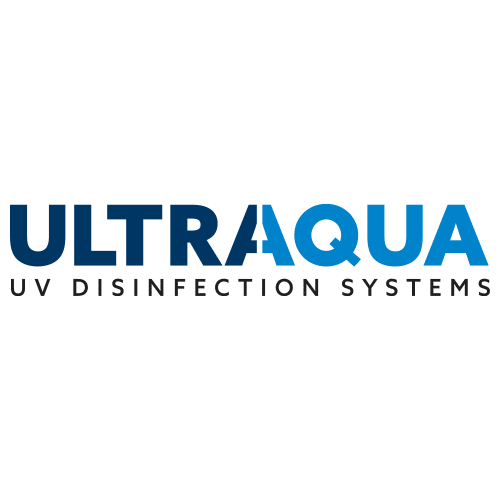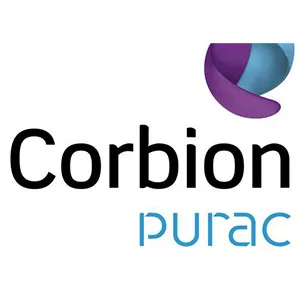Industrial fluids present many challenges requiring advanced UV solutions – whether it is for ultra-pure water or highly contaminated process water discharge. Our UV solutions are capable of controlling even the most challenging microorganisms and complex inorganic compounds. Utilizing standard UV disinfection with TOC reduction and Advanced Oxidation Process (AOP), ULTRAAQUA UV can deliver a range of solutions for any industrial water application.
Learn more by choosing a related application or product.
Support throughout the entire process
Backed by 25+ years of research and innovation experience, our engineers and industry specialists offer a range of services to ensure optimized UV disinfection for your specific requirements. This includes engineering support, optimal UV system sizing for the selected application, 3D drawings, analytical support of water samples, on-site validation testing, and much more.
FREQUENTLY ASKED QUESTIONS (FAQ)
Find frequently asked questions regarding UV disinfection for this industry by clicking on a question below.
Why is UV disinfection a preferred method for treating industrial wastewater?
UV disinfection is preferred for treating industrial wastewater due to its effectiveness in neutralizing a wide range of pollutants and pathogens without the use of chemicals. UV systems thus provide a safer and more environmentally friendly option compared to traditional chemical treatments.
Can UV treatment handle the diverse range of contaminants found in wastewater?
UV treatment is proven to be effective against biological contaminants in industrial wastewater. For complex industrial effluents with a variety of chemical pollutants and a high flow rate, UV may be used in conjunction with other treatment processes for comprehensive water quality improvement.
Is UV disinfection a cost-effective choice?
UV disinfection offers lower operational and maintenance costs compared to chemical treatment methods and helps industries comply with environmental regulations.
How does UV treatment impact the reuse potential of industrial wastewater?
UV treatment significantly improves the reuse potential of industrial wastewater through chemical-free disinfection. This sustainable water management practice makes the water suitable for various non-potable applications.
Does UV treatment assist in meeting environmental compliance standards?
UV treatment helps industries all over the world meet environmental compliance standards through effective and eco-friendly water treatment, ensuring that the treated water meets the required quality standards for discharge or reuse.
Why is UV disinfection beneficial in the food & beverage industry?
UV disinfection is very useful in the food and beverage industry as it ensures the microbiological safety of water used in production processes. It effectively eliminates harmful pathogens without altering the taste, odor, or chemical composition of the water.
Can UV systems handle the high throughput in food & beverage production?
Modern UV disinfection systems are designed to handle the high throughput and varying water qualities to ensure consistent and reliable disinfection.
Is UV effective against all microorganisms found in food & beverage processing water?
UV treatment is highly effective against a broad spectrum of microorganisms that food and beverage processing water may contain, including bacteria, viruses, and protozoa.
How does UV disinfection contribute to the quality of food & beverage products?
UV disinfection contributes to the overall quality of food and beverage products by ensuring the microbiological purity of water used in production, which is crucial for maintaining the safety and integrity of the final products.
Is UV disinfection a sustainable treatment method?
Utilizing UV disinfection is a sustainable option as it is a chemical-free process that does not produce harmful by-products or waste, aligning with environmental sustainability goals.
Why are UV systems beneficial in the microelectronics and semiconductor industry?
In the microelectronics and semiconductor industry, water purity is paramount. UV disinfection plays a critical role in eliminating microorganisms and organic contaminants from water used in manufacturing processes, ensuring the highest level of purity and preventing product contamination.
How does UV treatment benefit the manufacturing process in this industry?
UV treatment ensures that the water used in various manufacturing stages is free from contaminants that could potentially damage delicate semiconductor components. This leads to fewer defects and an overall improved product quality.
Can UV systems handle ultra-pure water requirements?
With the right sizing for the specific water treatment conditions, UV systems can meet the defined requirements for ultra-pure water. UV systems are able to effectively remove microorganisms and organic compounds to the levels required for these sensitive manufacturing processes.
Why is UV disinfection beneficial for water treatment in horticulture?
UV disinfection is a chemical-free clean technology that introduces no chemicals or unwanted by-products into the water, making it ideal for disinfecting water sources like rainwater or surface water used in horticultural practices.
How does UV compare to chemical water treatment methods in horticulture?
UV disinfection is a safer and more environmentally friendly alternative to chemical treatments. It avoids the risk of chemical residues in the water, which is harmful to the general health of the soil.
Can UV systems be used for different types of water sources in horticulture?
The versatile nature of UV systems allows them to be used for disinfecting various water sources, including rainwater and surface water, making them suitable for a wide range of horticultural applications.
Are there any additional economic benefits of using UV disinfection in horticulture?
In addition to improving crop health and overall water quality, UV disinfection includes potential savings from reduced pesticide usage and lower insurance costs due to improved crop health and reduced risk of disease outbreaks.
Why is UV disinfection beneficial in the pharmaceutical industry?
UV disinfection is a great match for the pharmaceutical industry due to its exceptionally high sanitation requirements. UV systems can ensure comprehensive water disinfection for various stages of pharmaceutical production, including inlet, production, and discharge processes, effectively eliminating all known bacteria and viruses.
How do ULTRAAQUA UV systems meet the specific needs of pharmaceuticals?
ULTRAAQUA UV systems are specifically engineered to meet the diverse needs of pharmaceutical water treatment. They are designed for standard disinfection, TOC reduction, AOP, dechlorination, and de-ozonation, making them versatile for different applications within the pharmaceutical industry. The high-grade AISI316L reactor material ensures resilience in challenging laboratory environments.
Can UV systems handle complex compounds found in pharmaceutical wastewater?
The UV AOP systems from ULTRAAQUA are capable of destroying even the most complex compounds found in pharmaceutical wastewater. This makes them highly effective in treating wastewater that contains a variety of inorganic substances, ensuring compliance with stringent environmental standards.
What are the benefits of combining ULTRAAQUA UV systems with other oxidants?
Combining ULTRAAQUA UV systems with other oxidants such as ozone can significantly improve their efficiency. This combination enhances the overall effectiveness of the treatment process, particularly in applications requiring advanced oxidation processes.
What role does UV disinfection play in the oil & gas industry?
In the oil and gas industry, UV disinfection is utilized to treat water used in various processes, including hydraulic fracturing and cooling operations. Utilizing UV systems ensures that the water is free from harmful microorganisms, preventing biofouling and corrosion in equipment and pipelines.
Is integrating UV systems into oil & gas water treatment processes easy?
UV systems can be integrated into existing water treatment processes with relative ease. They are modular and can be scaled to meet the specific needs of different oil and gas operations.
How does UV benefit the management of produced water in oil and gas operations?
UV treatment is beneficial for managing produced water, as it effectively disinfects this water for reuse or safe discharge. This helps in reducing the environmental impact of oil and gas operations and can also lower water procurement and disposal costs.
How does UV disinfection benefit cooling tower water systems?
UV disinfection in cooling tower water systems effectively controls the growth of harmful microorganisms, including Legionella, which can cause health hazards. It ensures that the water circulating within the system is clean, reducing the risk of biofilm formation and system inefficiencies.
Can UV treatment reduce the use of chemicals in cooling tower maintenance?
By controlling microbial growth, UV minimizes the need for biocides and other chemical treatments, leading to a more environmentally friendly operation. This makes UV systems capable of significantly reducing the reliance on chemicals for water treatment in this application.
How does UV treatment impact the overall efficiency of cooling towers?
UV treatment improves the overall efficiency of cooling towers by maintaining cleaner water, which enhances heat exchange efficiency and reduces the likelihood of system downtime due to microbial-related issues.
